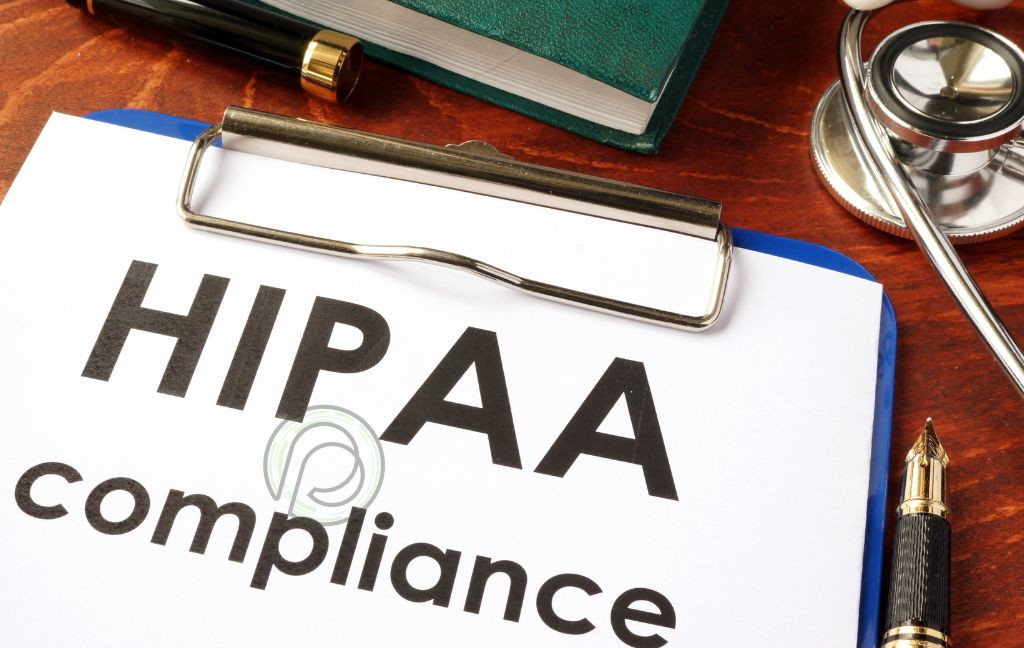Regulatory Compliance in Healthcare: Safeguarding Patient Trust
Our Compliance Services
Have a Question?

In the healthcare industry, protecting patient information isn't just good practice—it's the law. The Health Insurance Portability and Accountability Act (HIPAA) sets the national standard for ensuring the privacy, security, and integrity of Protected Health Information (PHI). Compliance is essential not only to avoid penalties but to maintain patient trust and meet ethical obligations.
What HIPAA Compliance Involves:
Administrative Safeguards- Developing and enforcing security policies and procedures
- Conducting regular risk assessments
- Training staff on data privacy and handling practices
- Implementing access controls and user authentication
- Encrypting data at rest and in transit
- Using secure email, messaging, and data transfer systems
- Securing devices and physical locations where PHI is accessed
- Controlling access to servers and paper records
- Maintaining proper workstation use and security
Healthcare compliance isn’t just about checking boxes—it’s about protecting lives and livelihoods. At Penn|Parsons, we help healthcare providers, clinics, and vendors meet HIPAA requirements with tailored cybersecurity and compliance solutions.
How Penn | Parsons Helps:- HIPAA Risk Assessments
- Custom Security Policies & Training Programs
- Audit-Ready Documentation & Monitoring
- 24/7 Threat Detection and Response
- Secure Cloud & Network Infrastructure
“Get Compliant. Stay Protected.”
Talk to us about how we can work together to obtain HIPAA compliance for your business.
Contact Us Today!